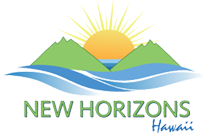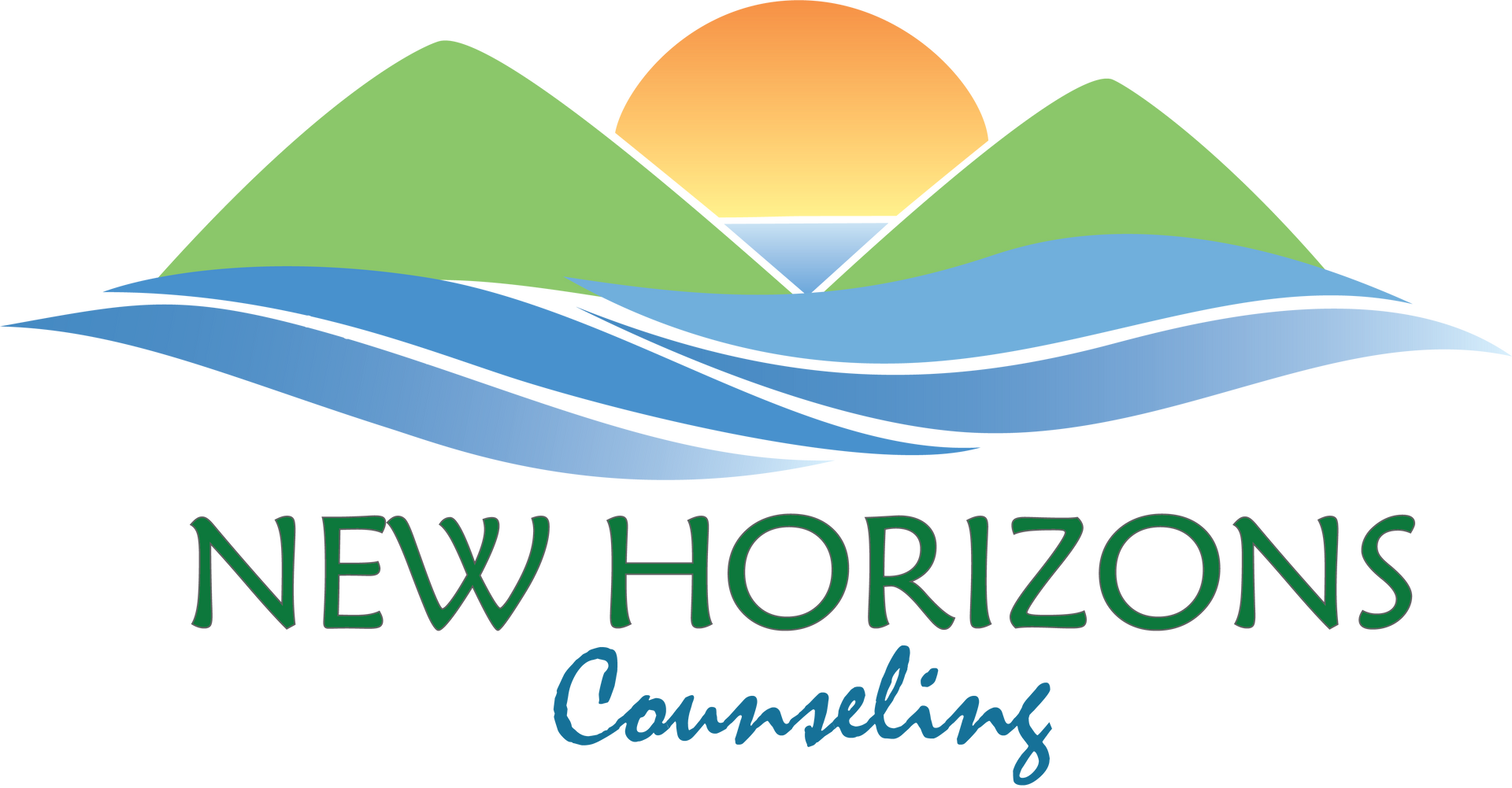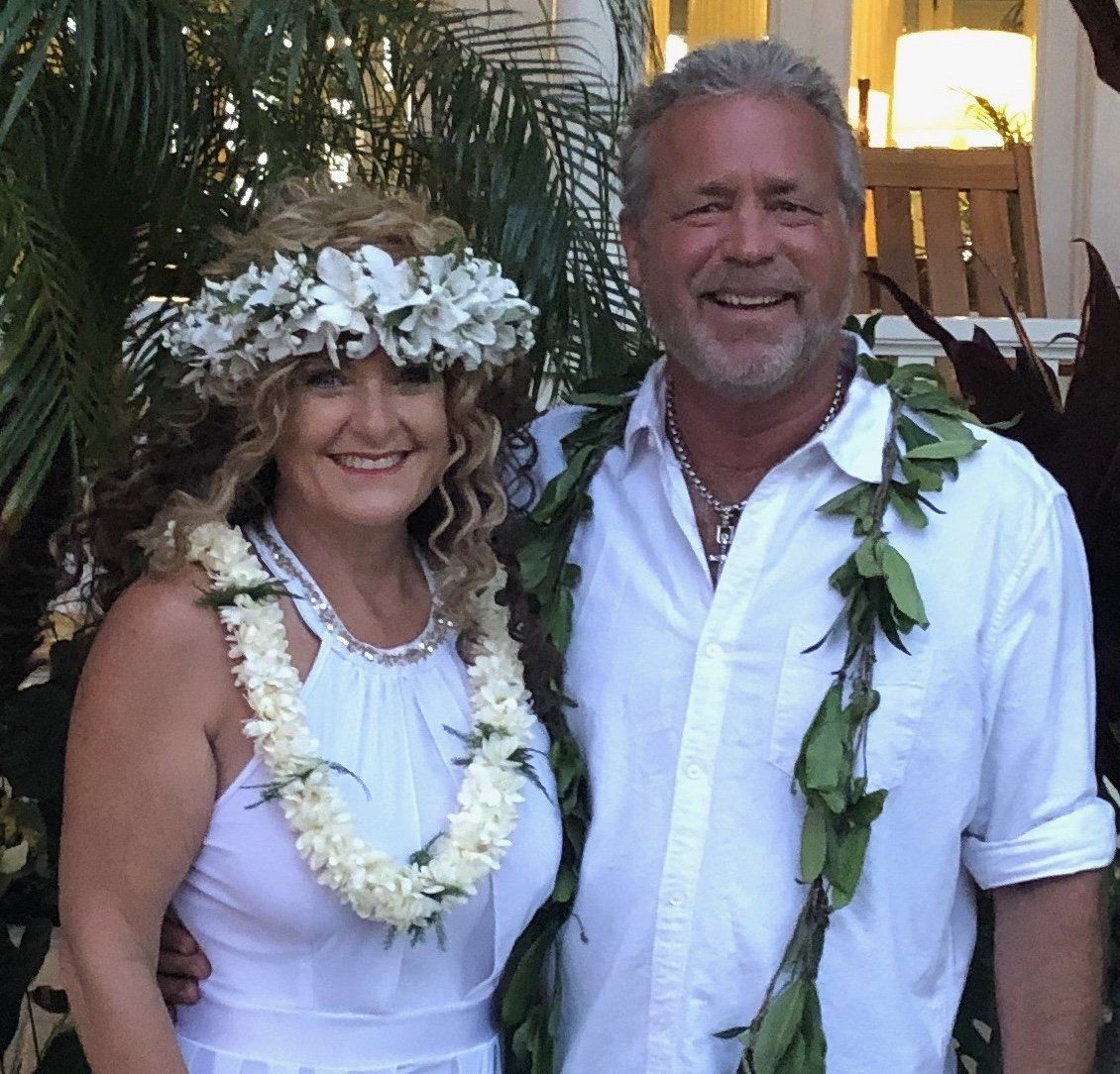Addiction Treatment Programs: Help is on the Horizon
Explore IOP, residential, and therapy-based addiction treatment options near Nevada City, Grass Valley, and Auburn. Find your best fit with New Horizons.
Looking for Addiction Treatment but Not Sure Which Program Is Right for You?
Choosing the right addiction treatment program can feel overwhelming. Whether you’re seeking help for substance use disorder (SUD), alcohol dependence, or opioid addiction, understanding your options helps you make an informed, confident choice.
At New Horizons Counseling in Nevada City, California, serving Grass Valley, Auburn, Truckee, and surrounding Sierra Foothills communities, we provide evidence-based outpatient care tailored to real-life needs. Here’s how the most common recovery programs compare—so you can find the path that fits your life and goals.
1. Intensive Outpatient Programs (IOP)
What it is:
Structured therapy sessions several days per week while clients live at home and maintain family or work responsibilities.
At New Horizons Counseling, our IOP in Nevada City integrates mindfulness-based cognitive therapy, motivational interviewing, and DBT skills to promote lasting recovery.
Evidence:
A 2025 industry review shows that mindfulness-integrated IOPs significantly improve treatment outcomes. With over 54 million Americans needing SUD care annually—and only about 23% receiving it—IOPs bridge the gap between flexibility and accountability.
Pros: Real-world practice, affordable, adaptable, and family-inclusive.
Cons: Requires commitment and stable home support.
2. Residential or Inpatient Treatment
What it is:
Live-in programs offering 24/7 medical supervision, detox support, and group or individual therapy.
Evidence:
Research indicates inpatient rehab is effective for acute withdrawal or high-risk environments but may not always provide better long-term results than well-designed outpatient programs.
Pros: Safe, structured setting; separation from triggers.
Cons: Expensive, limited real-world application, often requires post-residential support.
3. Medication-Assisted Treatment (MAT)
What it is:
Combining FDA-approved medications such as methadone, buprenorphine, or naltrexone with behavioral therapy and counseling.
Evidence:
Studies show MAT can cut opioid-related mortality by up to 50% and significantly reduce relapse rates. It’s endorsed by SAMHSA and the CDC for long-term stability.
Pros: Clinically proven, reduces cravings, lowers overdose risk.
Cons: Requires access to prescribers; stigma may remain a barrier.
4. 12-Step & Twelve-Step Facilitation (TSF)
What it is:
Peer-support recovery programs like Alcoholics Anonymous (AA) or Narcotics Anonymous (NA), and therapies designed to complement them.
Evidence:
A 2020 Cochrane review found 12-step programs can increase abstinence rates by 20–60% over non-structured approaches.
Pros: Accessible, community-driven, low-cost.
Cons: Spiritual focus and high turnover may not fit every recovery style.
5. Community Reinforcement & Behavioral Therapies (CRA, CBT, DBT, MORE)
What it is:
- CBT (Cognitive Behavioral Therapy): Identifies thought patterns and teaches coping skills.
- DBT (Dialectical Behavior Therapy): Builds emotional regulation and distress tolerance.
- CRA (Community Reinforcement Approach): Encourages supportive environments and sober living habits.
- MORE (Mindfulness-Oriented Recovery Enhancement): Combines mindfulness, cognitive reappraisal, and compassion practices.
Evidence:
- CBT: Proven moderate-to-large effectiveness (effect size g ≈ 0.74).
- DBT: Reduces emotional dysregulation by up to 40%.
- CRA: Yields 97% abstinent days at 6 months in some trials.
- MORE: 2022 JAMA trial showed a 45% reduction in opioid misuse and cravings.
Pros: Strong scientific support, adaptable, ideal for ongoing recovery.
Cons: Requires participation and consistent practice.
At New Horizons Counseling, we specialize in CBT-based outpatient treatment, incorporating DBT, CRA, and mindfulness techniques to promote emotional awareness, relapse prevention, and lifelong resilience.
Your Recovery, Your Way
Recovery is personal. No single path works for everyone. Whether you need structured IOP care, CBT-based therapy, or community reinforcement, New Horizons Counseling in Nevada City helps tailor a recovery plan that fits your life, schedule, and goals. Our programs are affordable, confidential, evidence-based, and rooted in compassion. Help is on the horizon—call us today.
FAQs
1. What’s the difference between IOP and residential rehab?
IOPs allow you to live at home while attending therapy several times weekly, ideal for maintaining work or family responsibilities. Residential rehab requires full-time stay for medical monitoring and detox.
2. Does New Horizons Counseling offer medication-assisted treatment (MAT)?
We coordinate with local MAT providers to integrate therapy and medication safely for opioid and alcohol recovery.
3. Which therapy is best for relapse prevention?
CBT, DBT, and mindfulness-based programs (MORE) show strong evidence for reducing relapse risk and improving emotional stability long-term.
Contact New Horizons Counseling
New Horizons Counseling
Serving: Nevada City, Grass Valley, Auburn, Truckee & the Sierra Foothills
Phone: 530-207-0880
Email: newhorizonscalifornia@gmail.com
Website:
newhorizonscalifornia.com
Hours: By appointment








